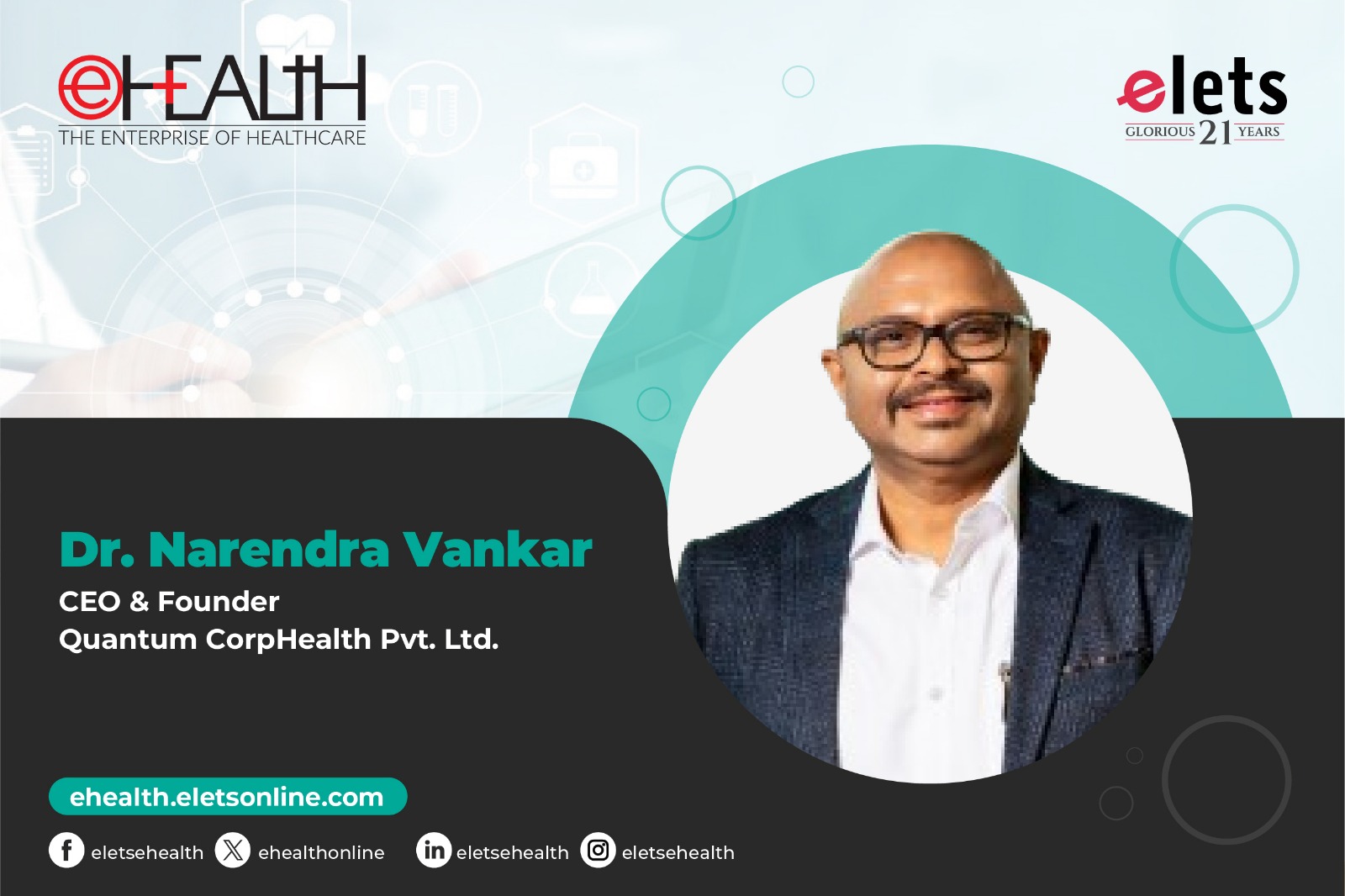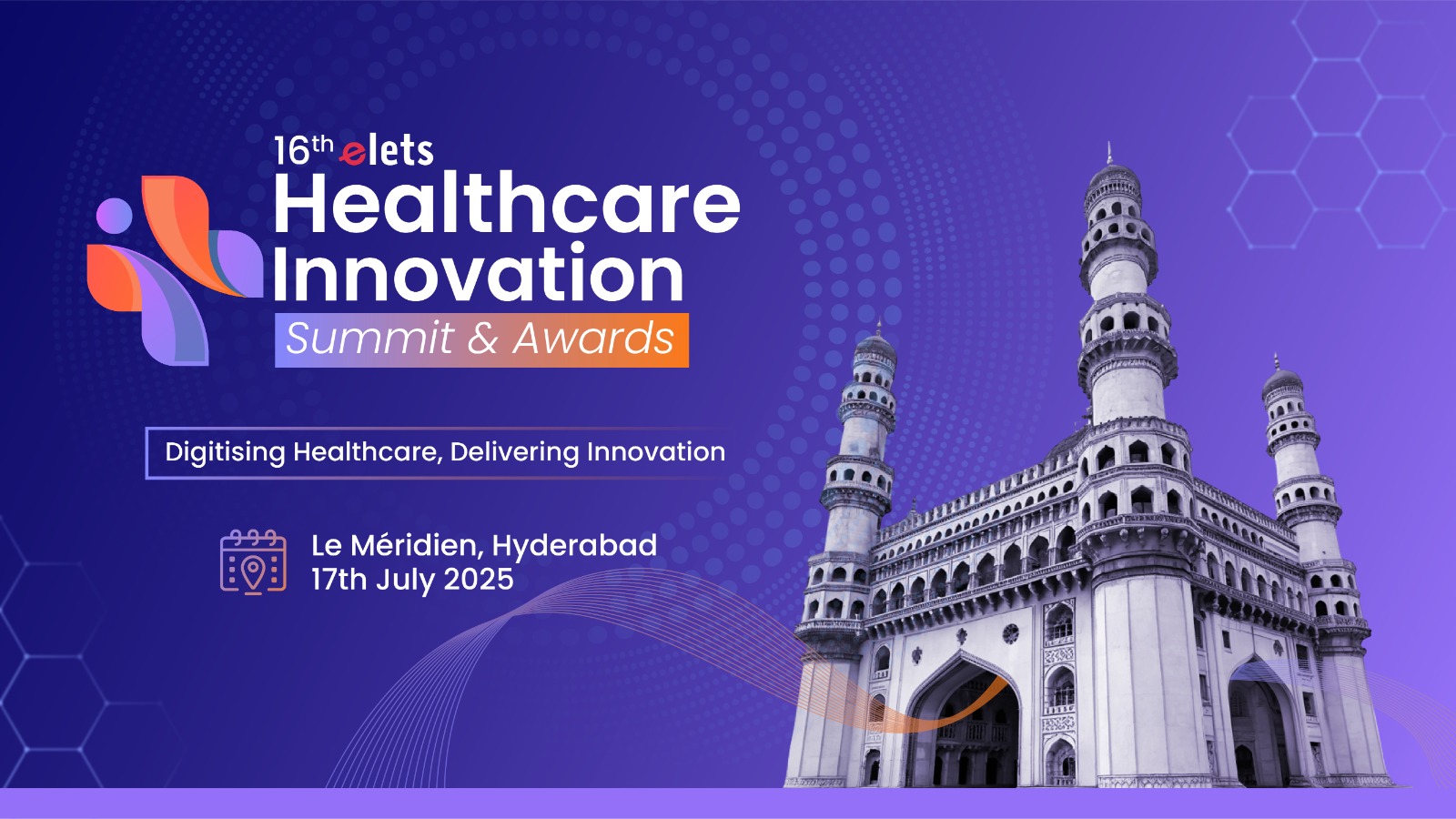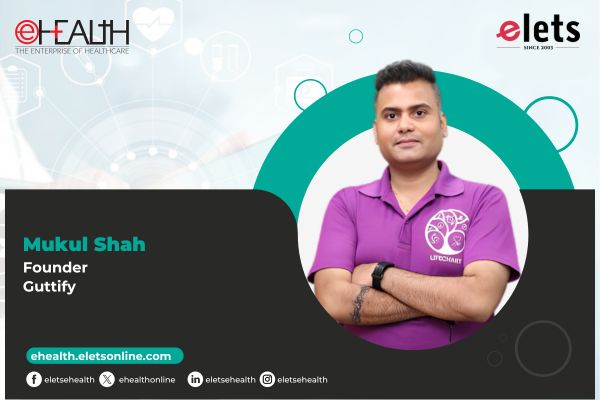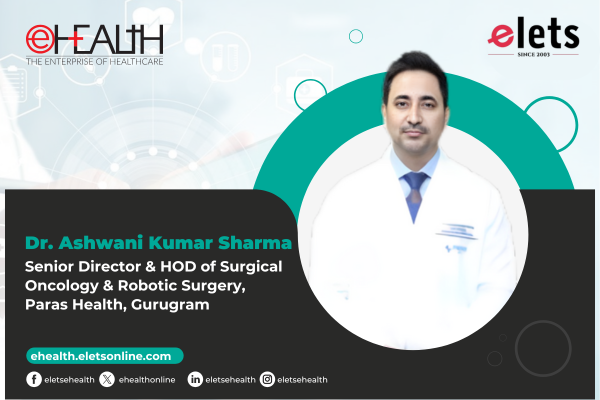
Digital technologies have transformed the way we live, the way we look at life, and the way we experience things. In this era of technological growth, digital technology has impacted every aspect of our lives, changing the way we access services. This applies to the healthcare industry as well. From wearable devices to ultra-modern hospital technology, digital technology is transforming healthcare delivery and ushering in a new era of accessible, effective, and personalised treatment.
Telemedicine: Bridging the Distance Gap
One thing that the pandemic has taught us is that technology can be used in a variety of ways for a multitude of reasons. It has revolutionised healthcare by removing physical and geographical barriers and increasing accessibility to medical care. Patients can communicate with healthcare professionals from the comfort of their homes by using virtual appointments and remote monitoring. In addition to saving time and travel, this ensures that people in rural areas receive accurate medical advice on time. When it comes to regular checkups, follow-up appointments, and the management of chronic illness, telemedicine is especially convenient. DOCTOR911, a comprehensive wellness and health app launched by Quantum CorpHealth Pvt. Ltd., is a great example of how telemedicine has helped people.

Real-time virtual interactions take precedence over long waits or extenuating travel circumstances for consultations. Instead, patients can have real-time interactions with their healthcare professionals through video calls, facilitating proactive and continuous care. DOCTOR911 is an excellent example of how beneficial telemedicine can be in ensuring your family’s well-being even when you are not available during an emergency. This application is designed primarily for emergency services provided by experienced medical professionals available 24/7. Geo-tag compatibility is another feature of DOCTOR911 that can be utilised anywhere, at any time, including while travelling. Lastly, the app uses AI-based technology to create a vast database of hospitals and nearby ambulance services that assist patients in times of emergency.

Wearable Devices: Empowering Personalised Healthcare
Smartwatches and fitness trackers have become common pieces of technology used in our daily lives, and they are essential in motivating users to take charge of their well-being. Wearable technology offers a multitude of data that may be used to customise regimens, from measuring vital signs like blood pressure and heart rate to monitoring physical activity and sleep habits.

Healthcare professionals can learn a lot about the lifestyles and health trends of their patients by utilising real-time data. This data can then be used to customise a personalised treatment plan, encouraging preventative measures and early detection. Moreover, wearable technology promotes proactive healthcare and makes continuous monitoring easier when necessary, which lessens the burden on healthcare systems.

Electronic Health Records (EHRs): Streamlining Information Flow
Electronic Health Records (EHRs) are taking over paper-based medical records, helping to digitise patient information and creating a centralised bank for healthcare professionals. This simplifies conversations between healthcare professionals involved in patient care and creates an effective and streamlined method of sharing data between departments. More importantly, they also reduce the risk of errors associated with handwritten notes, heightening patient care, safety, and security. EHRs contribute to a more comprehensive understanding of a patient’s medical history, medications, and allergies, leading to better-informed decision-making. One of the most effective services to store your documents safely and confidentially is the MediLocker service provided by the DOCTOR911 app. MediLocker provides a virtual and secure way to store all your medical records carefully in one place, which can then be accessed quickly and easily when needed.
Artificial Intelligence (AI) in Diagnostics and Treatment Planning
As technology improves over time, we learn how to do things differently and more efficiently. Each industry has its improvements that come in the form of AI and tech, and medicine and health are no different. From running diagnostics and treatment planning to offering unprecedented capabilities in data analysis and pattern recognition, AI is fundamentally changing the way we approach healthcare. For instance, AI systems are capable of sorting through vast datasets to find patterns that would not be easily noticed by humans. This is particularly valuable in medical imaging, where AI can assist in the early detection of diseases through more accurate and timely diagnostics.
Furthermore, personalised treatment plans are becoming increasingly important to patients. By examining diverse sets of patient data, including genetic information, lifestyle characteristics, and treatment outcomes, AI can suggest customised solutions. This marks a significant shift towards precision medicine, where AI holds the promise of personalisation by optimising treatments and minimising adverse effects.
With the introduction of more innovative tools in healthcare, we can create awareness and achieve accurate diagnoses of diseases ahead of time. As the saying goes, prevention is better than cure, and AI helps us adopt a more preventive approach rather than a reactive one. Because DOCTOR911 is a software-as-a-service (SaaS) solution, it can be easily connected to any corporate system. With the help of AI and advanced digital technology, this app offers facilitated healthcare management for emergency support and preventive care.
The way we communicate both inside and outside of the healthcare industry has been drastically disrupted and reshaped by the digital revolution. It is transforming the way these services are delivered, prioritising personalised patient care and making it more accessible and efficient. The four points above work in tandem to collectively transform the patient experience and empower people to take an active interest in their health at all times, not just when it is needed. As technology continues to advance, the healthcare landscape is poised for further evolution, promising a future where the delivery of healthcare is not only efficient but also more patient-centric and inclusive.
Views expressed by Dr. Narendra Vankar, CEO & Founder, Quantum CorpHealth Pvt. Ltd.
Be a part of Elets Collaborative Initiatives. Join Us for Upcoming Events and explore business opportunities. Like us on Facebook , connect with us on LinkedIn and follow us on Twitter , Instagram.
"Exciting news! Elets technomedia is now on WhatsApp Channels Subscribe today by clicking the link and stay updated with the latest insights!" Click here!











